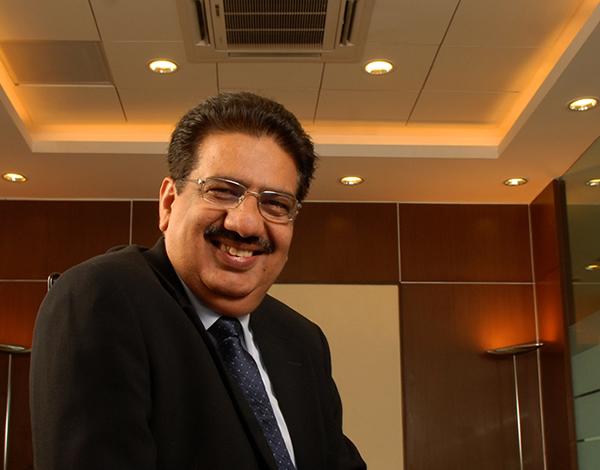Youth leadership: From work-life balance to work-life integration

‘Whatever you are doing, make sure you are so passionate about it that you’d be happy doing it for 10 years even if you didn’t make any money from it.’ I didn’t say this. Neither did any management guru. These are the words of Tony Hsieh, 37 years old CEO of Zappos.com, a billion dollar online shoe retailer. Pretty unconventional wisdom from a man in his thirties; wouldn’t you agree?
But then this is the young CEO who told Oprah Winfrey that he doesn’t own a business suit and shares one with his brother. He is a regular guy in his company who works at a regular desk in a cluster of cubicles known as the ‘Monkey Row’.
But then, isn’t youth leadership is supposed to be materialistic. What about the popular belief that the size of the pay packet and status are deciding factors among youngsters in the workforce today?
I sincerely believe that this is a misconception; that today’s generation is even more cognizant of the importance of values than their preceding generations. The Zappos work culture reflects this with its values like purpose, passion, transparency and democracy. That being said, finances do not take a back-seat. In fact, Tony speaks about passion, profit and purpose in the same breath.
Remember, Zappos is a billion dollar company. But what sets it apart is the way in which it became one. The company’s USP is its exceptional customer service. And how it achieves it is through happy employees.
Coming across such examples is a true delight. Not because Tony’s philosophy on employee happiness is a mirror to my Employee First philosophy on empowering, enthusing and encouraging our people. In fact, it is a significantly different path to achieving essentially similar goals and I have reflected on this at length in a previous article in BusinessWeek . It makes me happy because it reinforces my belief in the capabilities of our young leaders. The success of Zappos isn’t a fluke. Tony learnt his lessons by trial and error. But he learnt them quickly. Tony’s generation is adept at adapting. They are quick at spotting opportunities and scaling up to capitalize on them. And they are able to do so because of the absence of hierarchies and rigid structures.
This is the very same formula that defines enduring success in today’s dynamic world. One has to be quick, flexible and guardedly spontaneous. Hanging on to processes, just because they were a best practice in a yesteryear, isn’t likely to bolster a company’s performance.
We must realize that for today’s generation, the challenge is not about ‘balancing’ work-life, but about ‘integrating’ the two. Work is increasingly seeping into personal life and vice-versa. And to make the combination tick, employers need to ensure employees are able to achieve their life’s goals through their work.
Tony Hsieh’s story proves that youth can be depended on to be responsible, to have a vision, to have the discipline to see it through. The sooner more businesses realize this, the sooner we will be able to capitalize on the energy, ideas and value that this generation brings to the table. I can’t see why anyone would fail to recognize this win-win situation. Can you?

